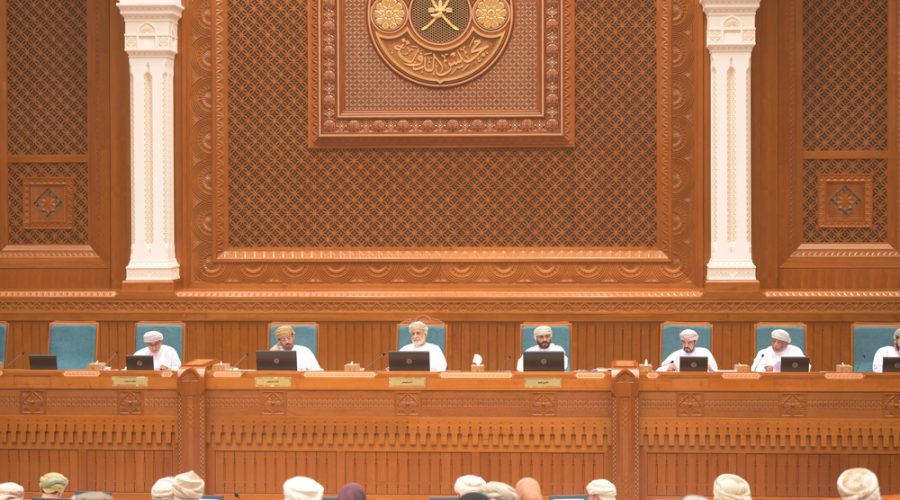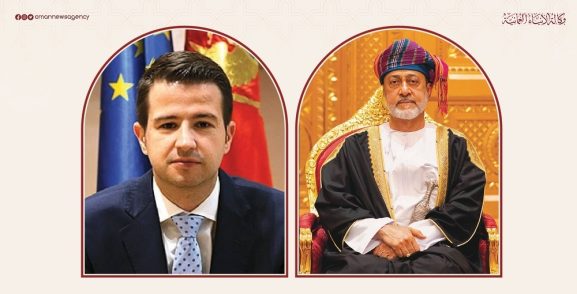State Council Discusses Three New Laws: What Implications Do They Hold for Businesses in Oman?
Muscat, July 8 — The State Council convened today for its eighth session of the regular second term of the eighth period, where it discussed several key legislative projects. These included the “Real Estate Registration Law,” amendments to the Civil and Commercial Arbitration Law issued by Royal Decree No. (47/97), and the “Civil Society Institutions Law.” Additionally, the council examined a study on the “Mechanisms for Diversifying Income Sources in Oman” and reviewed a report from the General Secretariat on the council’s activities.
During the session, chaired by Minister Sheikh Abdul Malik bin Abdullah Al-Khalili, members considered the legal committee’s opinion on the Real Estate Registration Law submitted by the Council of Ministers. This law focuses on several areas, including enhancing legal protection for property owners and beneficiaries, regulating registration procedures and property transactions, enabling digital documentation, and issuing electronic ownership certificates linked to relevant government systems, aligning with the national shift towards digital transformation.
The council reviewed the social and cultural committee’s opinion on the Civil Society Institutions Law, which includes various provisions aimed at bolstering the roles and responsibilities of civil society organizations. It addresses challenges faced by these institutions under current legislation, enhancing their contributions to the community through NGOs, professional associations, volunteer teams, and community clubs.
The meeting also discussed proposed amendments to the Civil and Commercial Arbitration Law and their impact on both local and international arbitration entities. These amendments take contemporary trends in comparative arbitration laws into account, strengthening Oman’s position as an attractive destination for resolving commercial disputes. This move is a significant step towards enhancing trust in the arbitration system and creating a conducive legal environment for investment, aligning with Oman Vision 2040 objectives.
In closing, the council reviewed the findings of the special committee regarding the mechanisms for diversifying income sources in Oman. This study aims to address challenges related to financial sustainability and income diversification, pinpointing areas of waste and inefficiency. It seeks potential solutions to overcome obstacles in achieving expected progress in income diversification and financial sustainability, and proposes measures to support public financial stability in the eleventh five-year plan, including related legislation and governance.
The council also discussed various reports submitted by its committees and esteemed members, alongside the General Secretariat’s report on the council’s activities.
Special Analysis by Omanet | Navigate Oman’s Market
The recent discussions in Oman’s State Council on real estate and arbitration laws highlight a commitment to enhancing legal frameworks, which is essential for fostering investor confidence. The proposed digital property registration and modern arbitration laws present opportunities for businesses to navigate disputes efficiently and streamline transactions. Smart investors should consider the growing focus on diversification and regulatory improvements as crucial for aligning their strategies with Oman’s Vision 2040, potentially positioning themselves at the forefront of market advancement.
Source: Oman News



